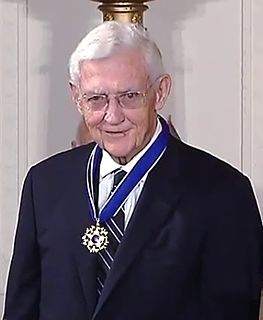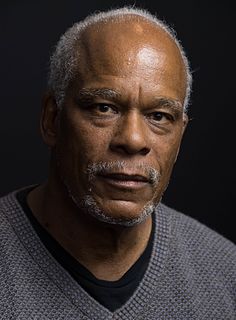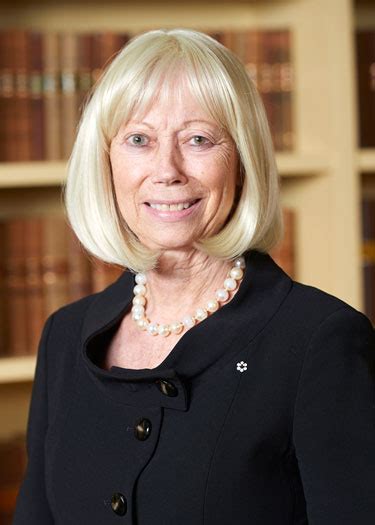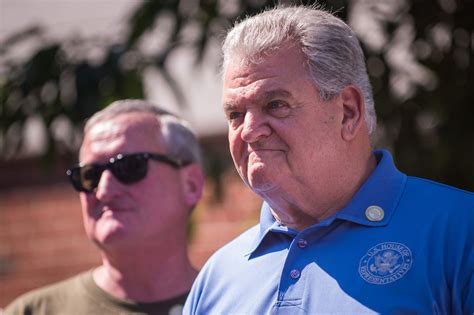A Quote by Bryan Stevenson
There was never a time you could get the majority of people in Alabama or Mississippi, or even southern Delaware, to vote to end segregation. What changed things was the rule of law, the courts. Brown v. Board of Education was ushered in by a movement, but it was a legal decision.
Related Quotes
The hardest problems of all in law enforcement are those involving a conflict of law and local customs. History has recorded many occasions when the moral sense of a nation produced judicial decisions, such as the 1954 decision in Brown v. Board of Education, which required difficult local adjustments.
Usually we look at it like, "Oh, black people couldn't vote in Mississippi because they had to take a literacy test." But one of the things you learn in the film is that there were major consequences for even trying to vote. You could be killed for trying to vote. You could definitely be fired from your job and many were, which is why so few black Mississippians even attempted to register early on. They put your name in the newspaper if you tried to register to vote.
I found Viola Desmond was the first woman whose case was taken up in the courts, and it wasn't that she tried to sue them for throwing her out of the theatre; it was that they took the law and used it to arrest her. That was really shocking to me. We had no laws in Canada actually requiring segregation, like they did in the United States. But here we had people using the law - the amusements tax act - to enforce segregation, and our courts allowed them to do that.
Democracy only has substance if there's the rule of law. That is, if people believe that the votes are going to be counted, and they are counted. If they believe that there's a judiciary out there that will make sense of things if there's some challenge. If there isn't rule of law, people will be afraid to vote the way they want to vote.
Activist Supreme Courts are not new. The Dred Scott decision in 1856, imposing slavery in free territories; the Plessy decision in 1896, imposing segregation on a private railroad company; the Korematsu decision in 1944, upholding Franklin Roosevelt’s internment of American citizens, mostly Japanese Americans; and the Roe decision in 1973, imposing abortion on the entire nation; are examples of the consequences of activist Courts and justices.
The monument serves to remind the appellate courts and judges of the circuit and district courts of this state and members of the bar who appear before them as well as the people of Alabama who visit the Alabama Judicial Building of the truth stated in the preamble of the Alabama Constitution, that in order to establish justice we must invoke the favor and guidance of Almighty God.





































